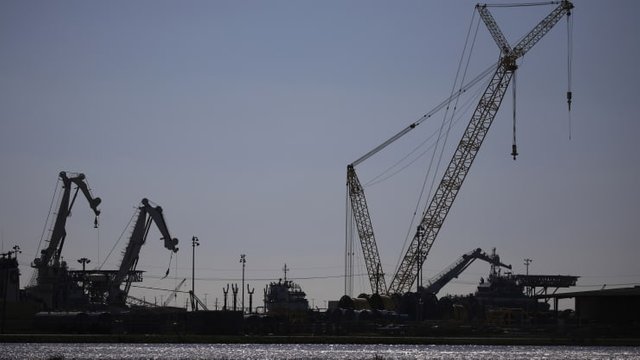Oil costs rose for a second day on Wednesday on indications of solid fuel interest in Europe, while the possibility of a close term return of Iranian oil supply blurred as the U.S. secretary of state said sanctions against Tehran were probably not going to be lifted.

Brent unrefined fates were up 15 pennies, or 0.2%, at $72.37 a barrel at 0131 GMT and prior rose to $72.58, the most elevated since May 20, 2019. Brent rose 1% on Tuesday.
U.S. West Texas Intermediate (WTI) unrefined fates bounced 20 pennies, or 0.3%, to $70.25 a barrel in the wake of ascending to as high as $70.42, the most since Oct. 17, 2018. Costs climbed 1.2% on Tuesday.
The market is being helped by a strong standpoint for fuel request development as movement checks are lifted in Europe with more individuals getting inoculated.
"Late traffic information proposes voyagers are hitting the streets as limitations ease," ANZ Research examiners said in a note, highlighting TomTom information which showed gridlock in 15 European urban communities had hit its most elevated since the Covid pandemic started.
"The lift to request is required to be solid," ANZ investigators said.
On Tuesday, the U.S. Energy Information Administration conjecture fuel utilization development this year in the United States, the world's greatest oil client, would be 1.49 million barrels each day (bpd), up from a past gauge of 1.39 million bpd.
In another positive sign, industry information showed U.S. unrefined petroleum inventories fell a week ago, in accordance with experts' assumptions, as indicated by a Reuters survey.
The American Petroleum Institute announced rough stocks fell by 2.1 million barrels in the week finished June 4, two market sources said, refering to the information.
Store information from the U.S. Energy Information Administration is expected on Wednesday at 1430 GMT.
Cost acquires had been covered lately as oil financial backers had been expecting that authorizations against Iranian fares would be lifted and oil supply would build this year as Iran's discussions with western forces on an atomic arrangement advanced.
Anyway U.S. Secretary of State Antony Blinken said on Tuesday that regardless of whether Iran and the United States got back to consistence with an atomic arrangement, many U.S. sanctions on Tehran would stay set up.